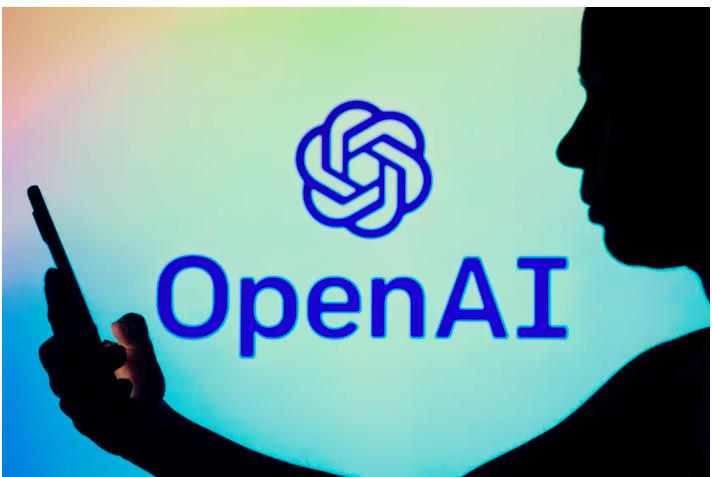With Google entering the rapidly evolving AI race with its chatbot, Bard, it’s worth evaluating its comparison to Microsoft and OpenAI’s ChatGPT and determining if there is a clear winner between the two.
In response to ChatGPT, Google one of Microsoft’s biggest competitors, has made their chatbot ‘Bard’ public. Like ChatGPT, which is based on GPT-3.5, Bard is also a language model chatbot built on Google’s LaMDA (Language Model for Dialogue Applications) technology—previously only available to a select few through their AI Test Kitchen program.
ChatGPT, since its arrival as a free research preview, has caused a stir in the tech industry. Its impact was so significant that it prompted Google to declare it a ‘code red’ internally. OpenAI, the creator of ChatGPT, has also changed the perception of artificial intelligence in the minds of many people with many questioning if AI is here to snatch jobs.
Microsoft has made an investment worth $1 billion in 2019 in OpenAI, and later, closed an investment amounting to $3 billion in 2021, and more recently, in January last month, invested another $10 billion to double down on its AI commitment and take on rivals like Google, Amazon and Meta.
With Google joining the rapidly evolving AI race, it’s worth considering how their Bard chatbot compares to Microsoft and OpenAI’s ChatGPT.
In order to compare the two, it’s important to first understand the key differences between Google’s Bard and ChatGPT. Bard is an AI-powered discussion service that utilizes LaMDA (Language Model for Dialogue Applications) and Web content to provide relevant, up-to-date answers to questions.
“We’ve been working on an experimental conversational AI service, powered by LaMDA, that we’re calling Bard. And today, we’re taking another step forward by opening it up to trusted testers ahead of making it more widely available to the public in the coming weeks, Google CEO Sundar Pichai said in a blog post on Bard.
ChatGPT is based on GPT-3.5 (Google’s equivalent of LaMDA) but with a knowledge cutoff of 2021. This means that it lacks access to the most recent information and is unable to provide ‘fresh’ responses. Initially, this appears to be a significant advantage for Bard over ChatGPT.
It’s worth noting that OpenAI’s GPT (Generative Pre-trained Transformer) model has been extensively refined in recent years, leading to its current level of proficiency.
However, Google’s Bard, powered by LaMDA, brings some key differences to the table. Firstly, Bard is built on a lighter version of LaMDA, which requires fewer computational resources, enabling it to serve a larger user base and gather more feedback.
Secondly, LaMDA by Google has been the subject of recent discussions. Blake Lemoine, a Google engineer, made a public statement that LaMDA was ‘sentient,’ sparking a conversation on the capabilities of AI.
This led to the termination of Blake Lemoine by Google for making false statements. On the other hand, no such controversy has arisen surrounding OpenAI’s ChatGPT.
And, in general, Google’s database of information, and native integration with Google Search could place it in a league of its own when it comes to offering detailed responses, and more factual data spread. Microsoft has acknowledged this and evidently,
CEO Satya Nadella has been vocal about bringing ChatGPT to Bing Microsoft’s own search engine. If anything, this could close down the gap between both chatbots-if there’s any to begin with.
Moreover, with Google’s proficiency in providing accurate and concise information with ease, its extensive infrastructure enables it to create a seamless user experience unaffected by high traffic, and delivers prompt responses to queries.
It’s too soon to determine which chatbot is superior as Bard by Google is currently only accessible to a limited number of individuals and has not yet faced the same level of public examination as ChatGPT, which was made available as a free research preview.
Direct comparisons can only be made when Google releases Bard to the public. But from the looks of it and Google’s claims, Bard seems like a promising addition to the fast evolving artificial intelligence space.









